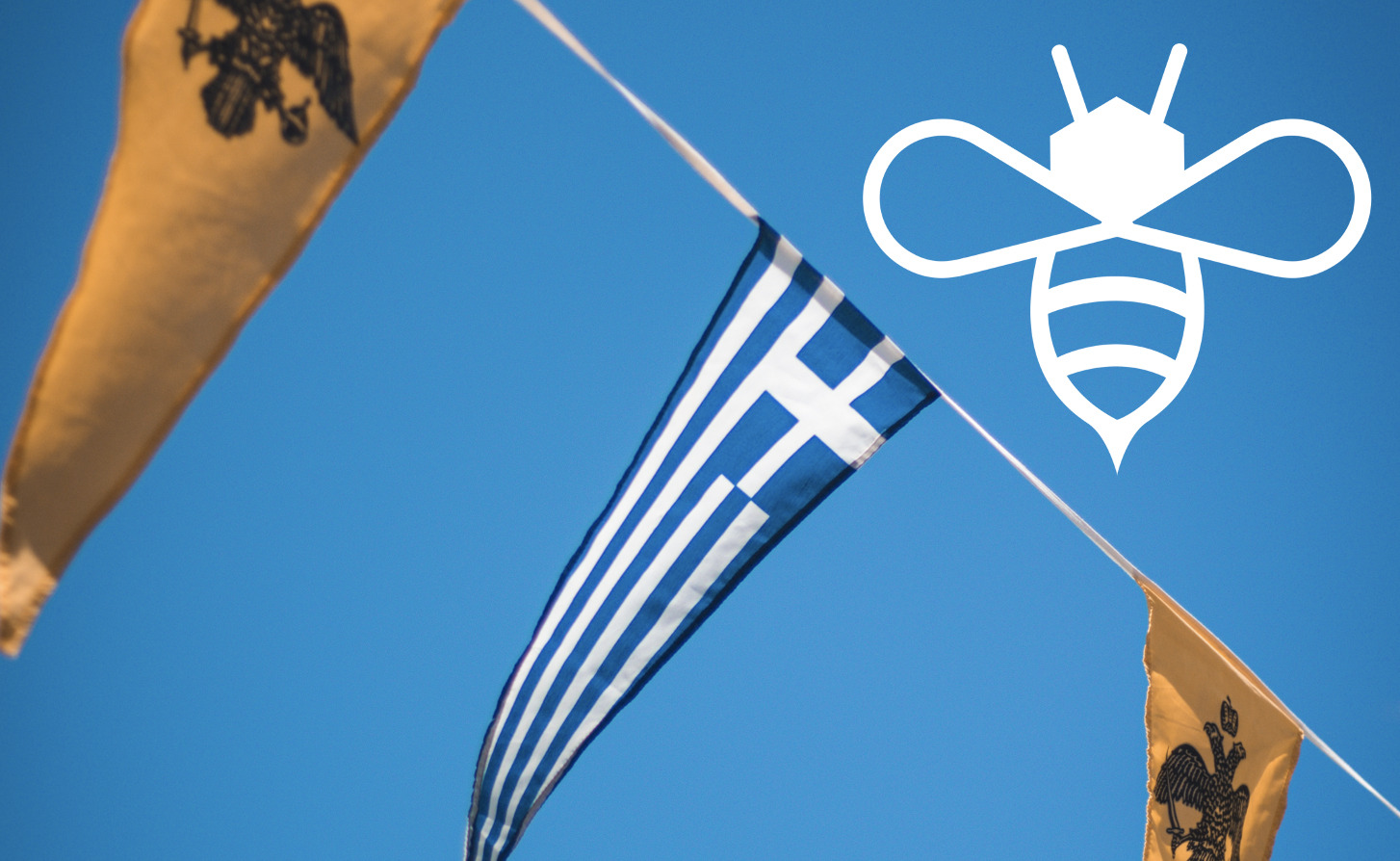Entsorga returns to Greece with another Bee® plant. Following the supply contract signed in February for the Mechanical Biological Treatment section of the plant in the municipality of Sitia, Crete, a second one will be built in Heraklion, the island’s capital. The contract was acquired through a public tender won by Thalis Environmental Services SA, a Greek leader in environmental infrastructure, for the revamping of an existing plant.
The Bee, our Mechanical Biological Treatment (MBT) with largest-capacity single-reactor biodessication, when fully operational, will treat 75,000 tons of Municipal Solid Waste annually to obtain renewable fuel and recover recyclable materials. What is the mix of ingredients that makes this technology, one of the most competitive on the market in terms of economic efficiency and safety, a winner? First of all, the controlled use of air. To facilitate the work of the microorganisms, and thus accelerate the oxidation reaction, the Bee uses an integrated method of flow management and reversal, controlled by proprietary software that adjusts the process data, optimizing the air flow rate to be supplied and thus reducing the energy consumption of the treatment. This patented high-efficiency system, called H.E.BIO.T.® (High Efficiency Biological System), provides much faster and more homogeneous mass biodrying than traditional methods. What’s more, it allows more waste to be processed in less space.
Another key strength of the plant revamp will be the automation push: Entsorga will provide an energy-efficient automated overhead crane Spider® for the pretreatment section. Again, proprietary management and control software will assess load capacity and optimize data as needed to ensure smooth, 24/7 production while minimizing operating and labor costs.
The last, but not least, contribution from Entsorga will involve our Eagle Cloud® system, a proprietary platform developed to offer customers an agile and effective supervision tool. The Eagle captures process data in the cloud and reprocesses it with machine learning procedures, returning detailed reports and predictive analytics to keep systems in optimal condition and intervene quickly in case of anomalies, providing remote support for plant operation and maintenance.
Both plants, in Sitia and Heraklion, represent two important steps within a broader strategy of Municipal Solid Waste management that will move Greece decisively forward in the development of local circular economies, bringing it one step closer to the demands of European standards.

